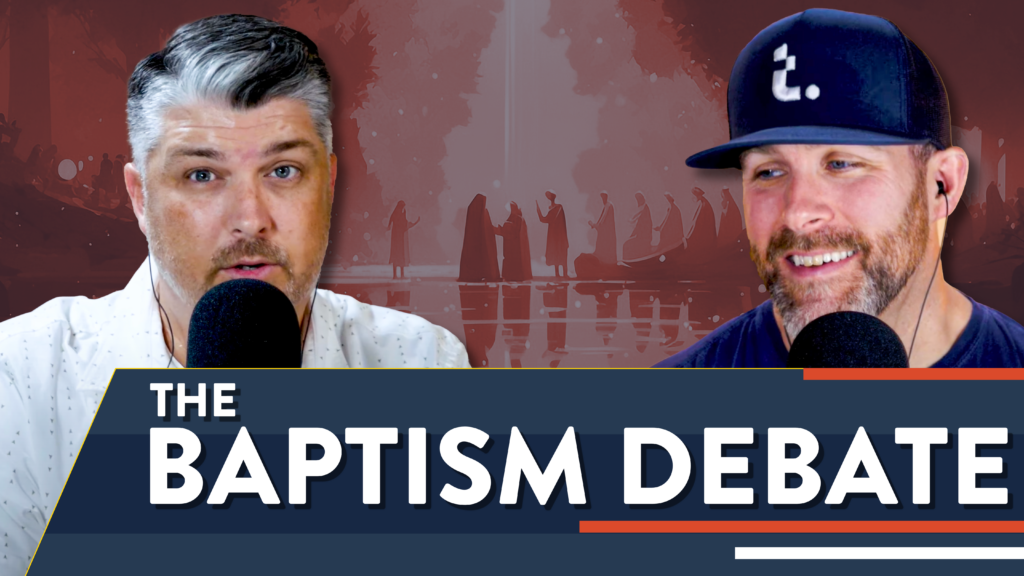
The baptism debate. Typically, when we hear this, we cringe because it’s not really done well; there are a lot of strawmen. We don’t represent each other’s side well, and it becomes heated and emotional. We don’t want to do that today. We want to talk about the differences and where they stand biblically, and then why we would hold to a position known as the credo-baptist position: the 1689 Baptist view of baptism. Most of all, we pray that you’re informed and encouraged. We love our brothers who are paedo-baptists, and we hope that comes out in this podcast.
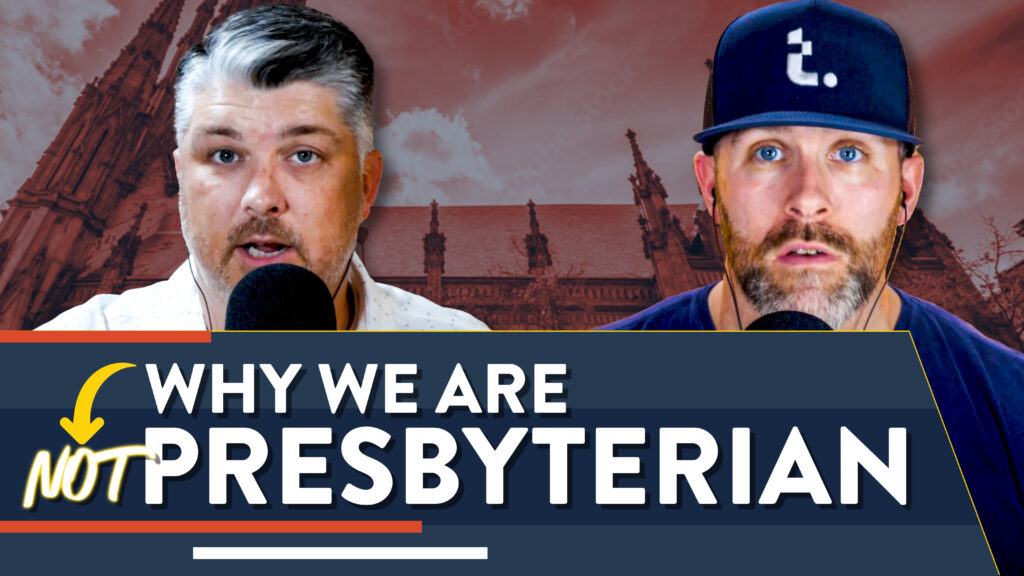
Have you ever wondered what the differences are between a confessional Baptist position on covenant theology and a confessional Presbyterian position? (We know you have–because you’ve asked us.) Jon and Justin talk about the differences today. It really all comes down to how one understands the covenant of grace to be revealed and then established. We hope this conversation brings some clarity for you!
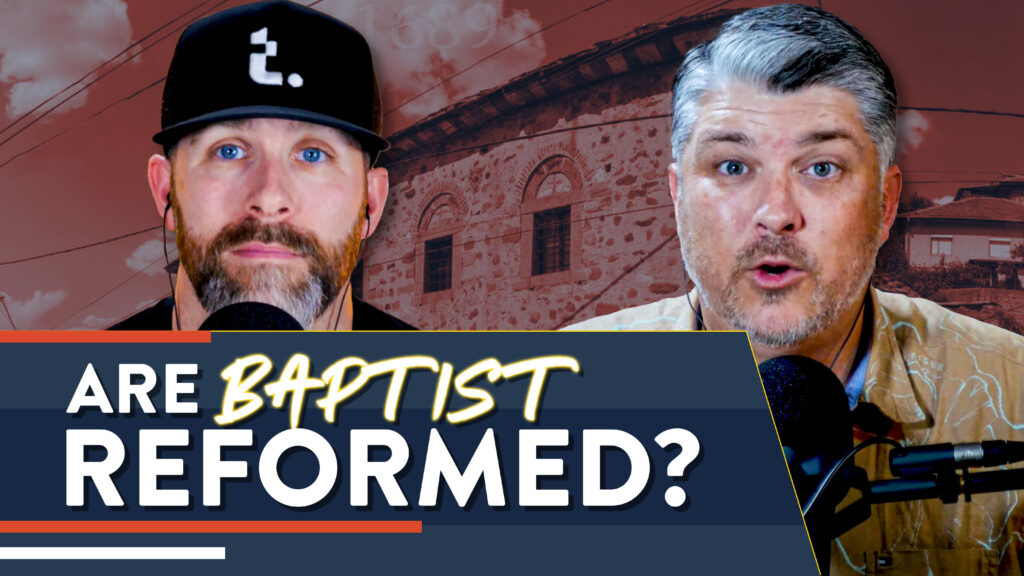
In today’s episode, Jon and Justin have a conversation about the Reformation and the streams that flowed out of it pertaining to covenant theology. While there are disagreements amongst and between various traditions, Presbyterians, the Reformed, and confessional Baptists agree on a lot! This discussion covers some history, as well as the significant points of agreement. Let’s make Reformed catholicity a thing!

What are the major differences between covenant theology and dispensationalism? That’s a question we get a lot. Jon and Justin sit down to discuss the differences under three main headings: Christ in all of Scripture, law/gospel distinction, and the covenant of works (active obedience of Christ).
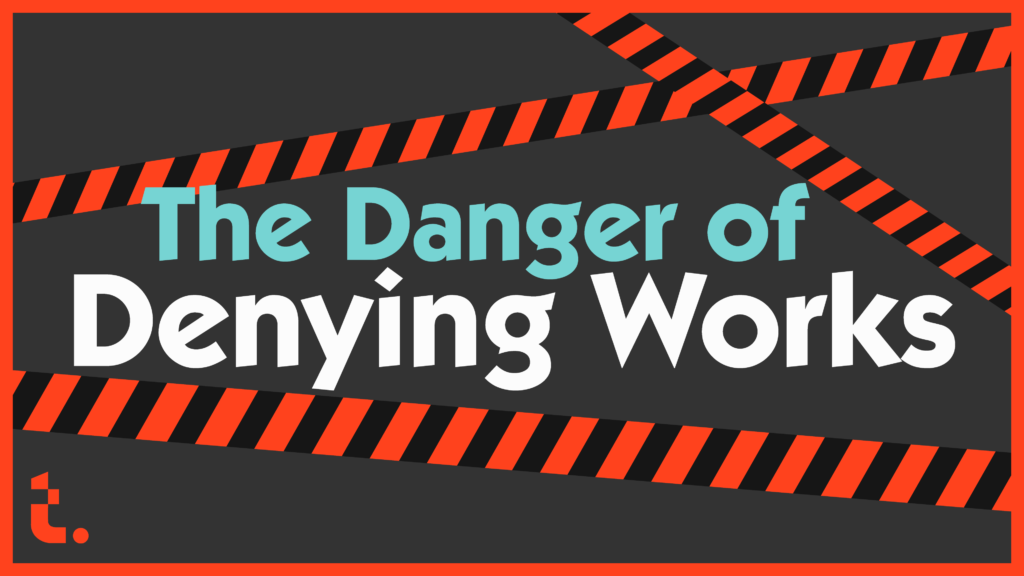
On today’s episode, Jon and Justin are again joined by Pat Abendroth, pastor of Omaha Bible Church and cohost of The Pactum. In the second of two conversations on the covenant of works, the guys consider the implications of the covenant works. Does it really matter if one affirms the covenant of works? What are the dangers of denying it? In particular, the guys focus on how an understanding of the covenant of works relates to our understanding of the work of Christ, the gospel, and assurance of salvation.
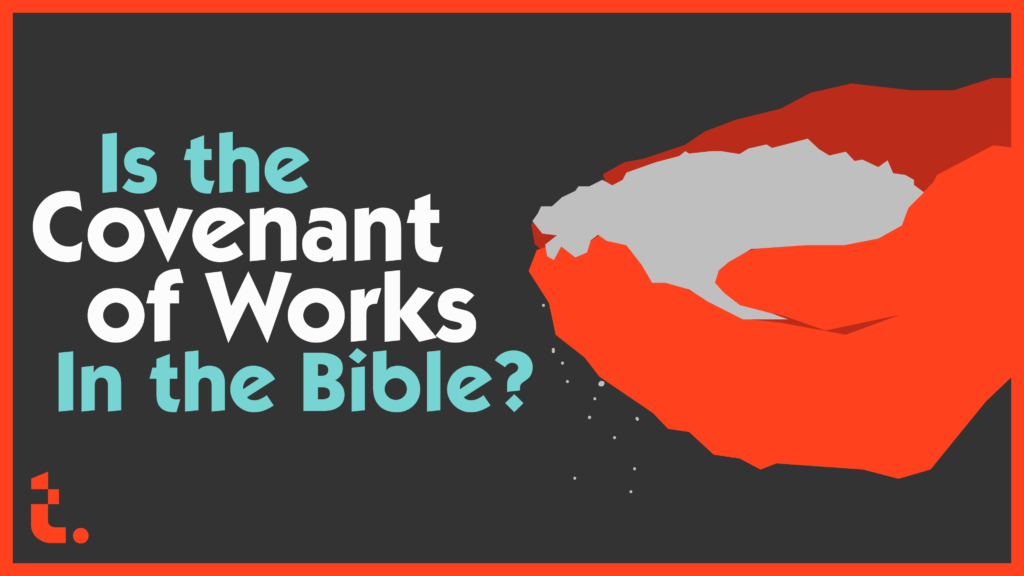
On today’s episode, Jon and Justin are joined by Pat Abendroth, pastor of Omaha Bible Church and cohost of The Pactum. In the first of two conversations on the covenant of works, the guys answer the question, “Is the covenant of works really in the Bible?” The guys seek to make a case for the legitimacy of the covenant of works from the Scripture and begin to venture into the significance of affirming (or denying) it.
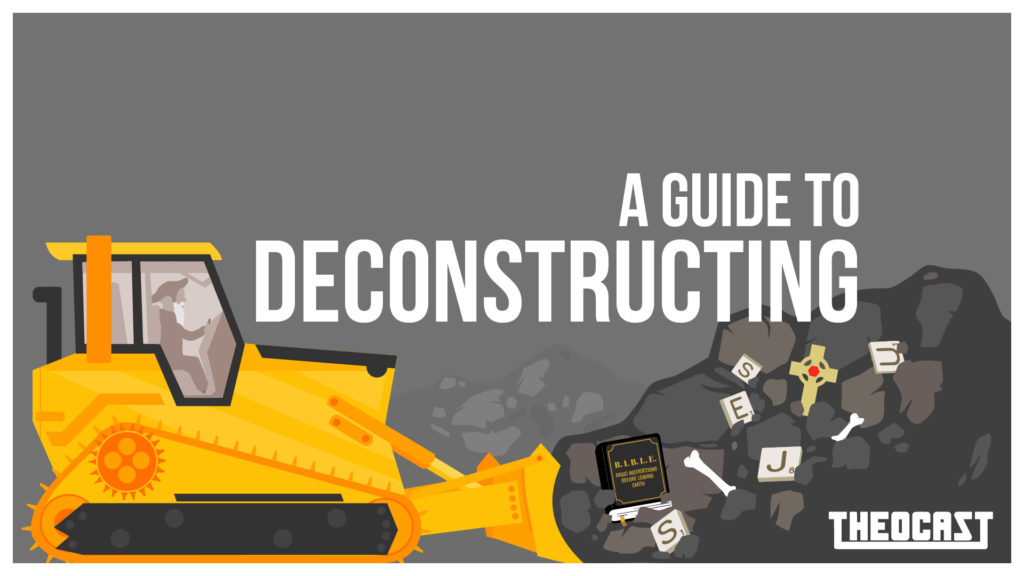
There seem to be a number of people “deconstructing” these days–and by that we mean deconstructing the Christian faith and leaving it. At Theocast, we are not unfamiliar with deconstruction. We do some deconstructing of unhelpful theology in an effort to pull people toward the sufficiency of Christ for sinners. On this episode, Jon and Justin make observations about the “Christianity” people are leaving, as well as offer thoughts on how to do deconstructing well.
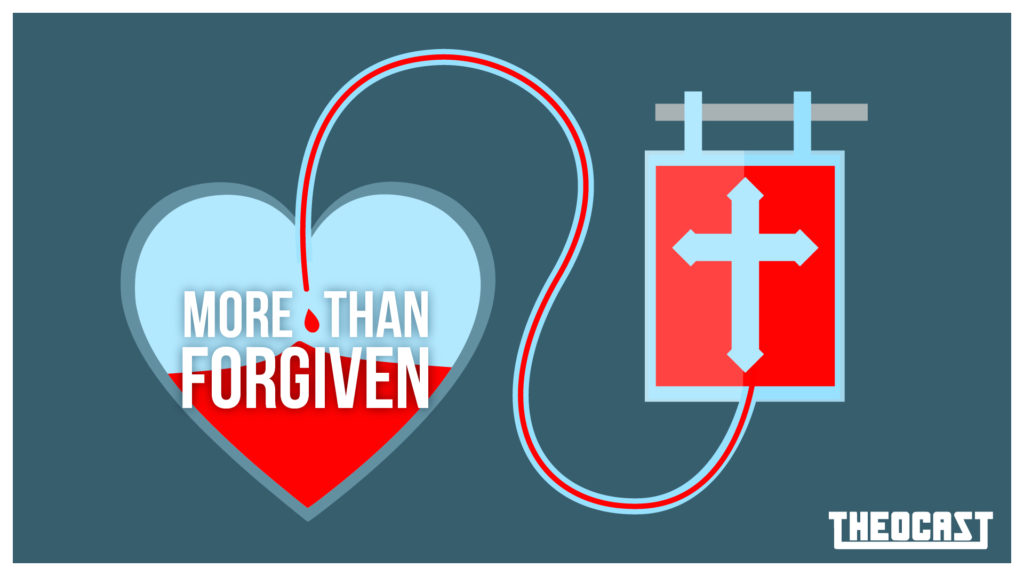
In our third of three episodes on the implications of covenant theology, Jon and Justin discuss the significance of the covenant of works as it relates to the work of Christ. When we begin to see the relationship between the covenant of works and the work of Christ in our place, it becomes clear how are more than just forgiven through our union with Jesus by faith. We are declared righteous. We have peace with God now and forever. It really is finished. All really is well.
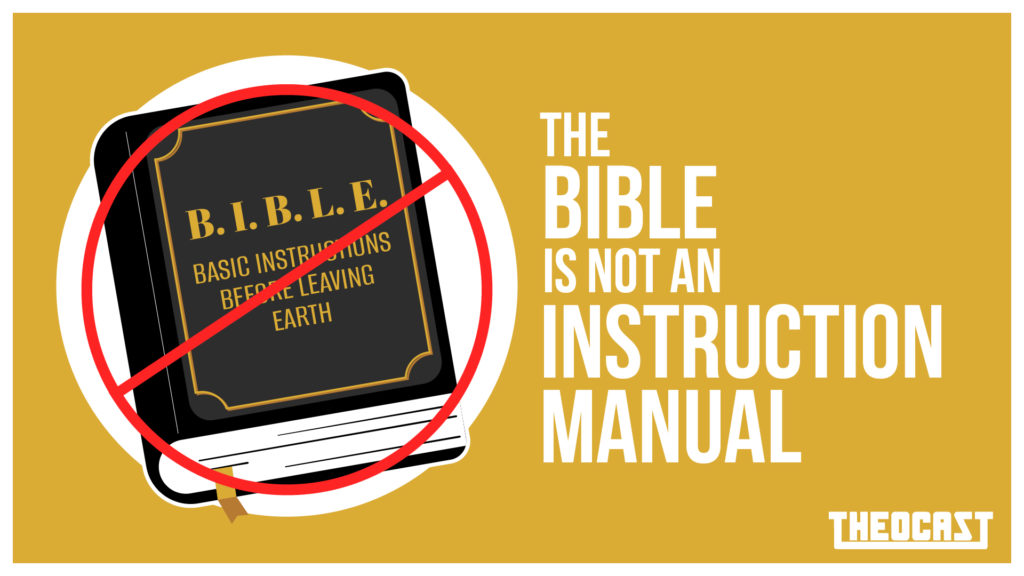
In our second of two episodes on the implications of covenant theology, Jon and Justin consider the purpose and point of the whole Bible. It’s not an instruction manual. It’s not a step-by-step guide to godliness. It’s not a medicine cabinet to cure everything that ails us. Rather, the Bible is about redemption. It’s about Jesus. The guys unpack the implications of that and consider how to go to the Bible, how to use it, and how to understand it.
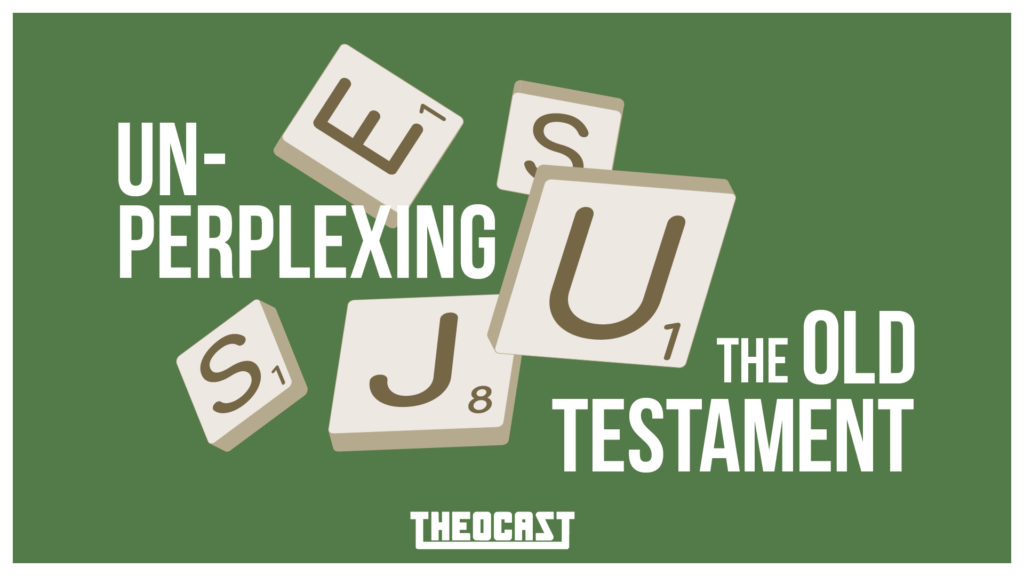
For many people, when they go to Old Testament, they leave confused. The Old Testament seems to be a disjointed collection of stories and full of different kinds of literature that don’t seem to hang together. When seen through the lens of covenant theology, the Old Testament, is a cohesive presentation of God and his plan to save sinners through his promised Christ. Who is this God? What is he like? Can he be trusted? How will he save us? Jon and Justin discuss these questions and more in today’s episode.
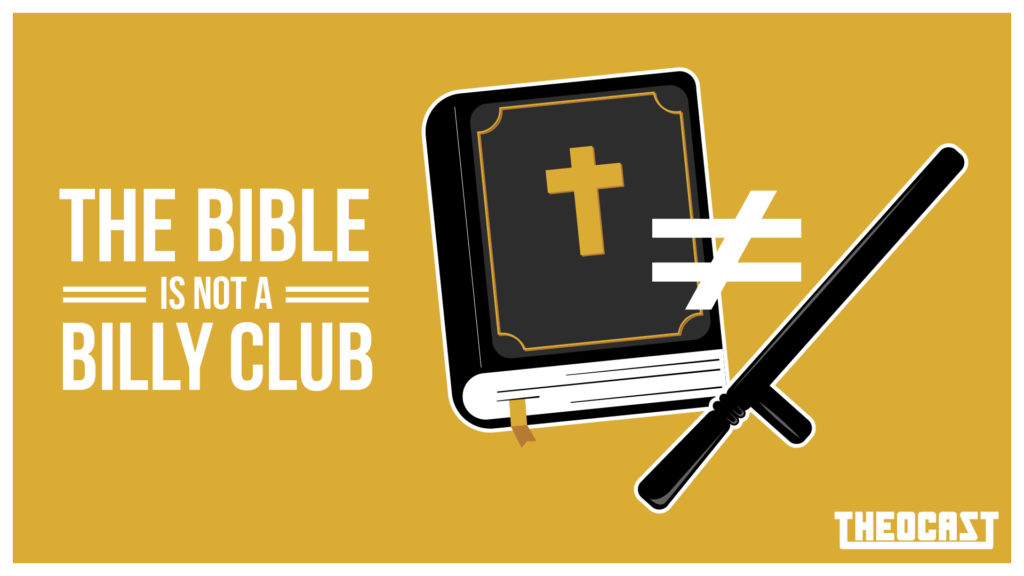
Many people, if they were honest, would admit to being confused by the Bible–but not only confused, discouraged. It shouldn’t be this way. The Bible is the testimony about Jesus Christ, who came to save sinners like us. In it, we should see our only true and lasting hope. How should we approach the Bible in order to better understand it in light of Christ? What are things we need to know so that the Bible becomes a balm for our souls, rather than a billy club?
If you listen to many in the church, our Christian lives should be characterized by happiness, excitement, and by overcoming difficulty. But, this life is often characterized by pain, toil, and suffering. What do we do with that? And what is it that we’re called to in the church?
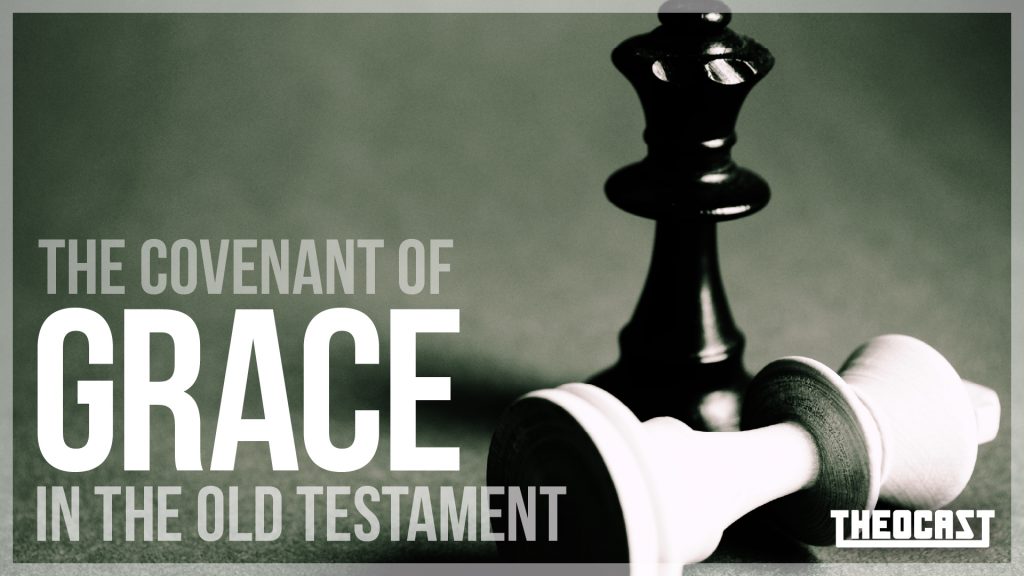
This is part 4 from our Introduction to Covenant Theology. In this class, this is our first of two sessions discussing the Covenant of Grace. In this session, we talk about the nature of the Covenant of Grace. Then we turn our focus on the promises and progressive revelation of the Covenant of Grace and trace them through the Old Testament, from Genesis to Malachi.
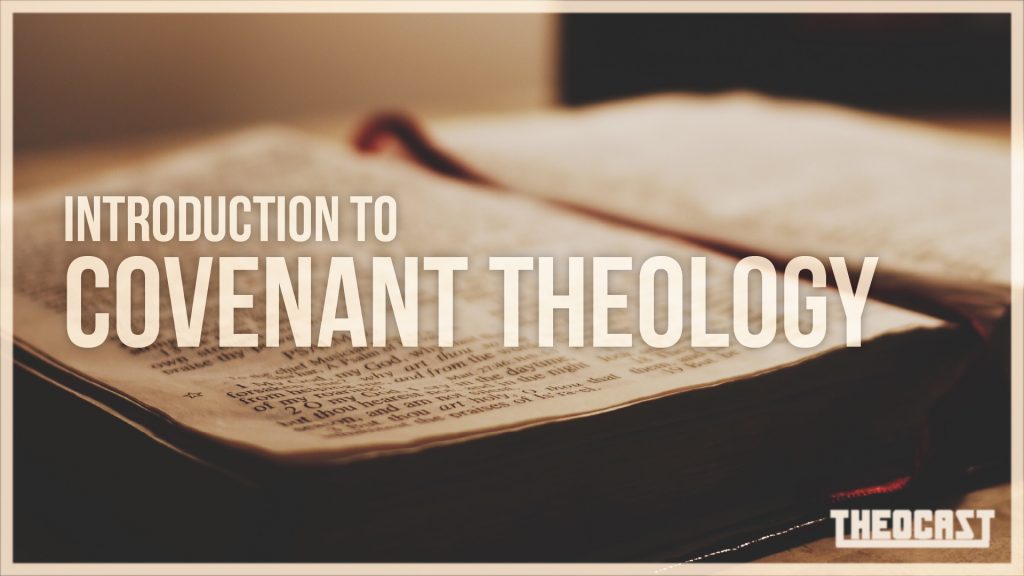
Introduction To Covenant Theology Part One

In this course, we are going to explore Covenant Theology. We will show you how Covenant Theology provides a framework for rightly reading and understanding your Bible that arises from scripture itself.
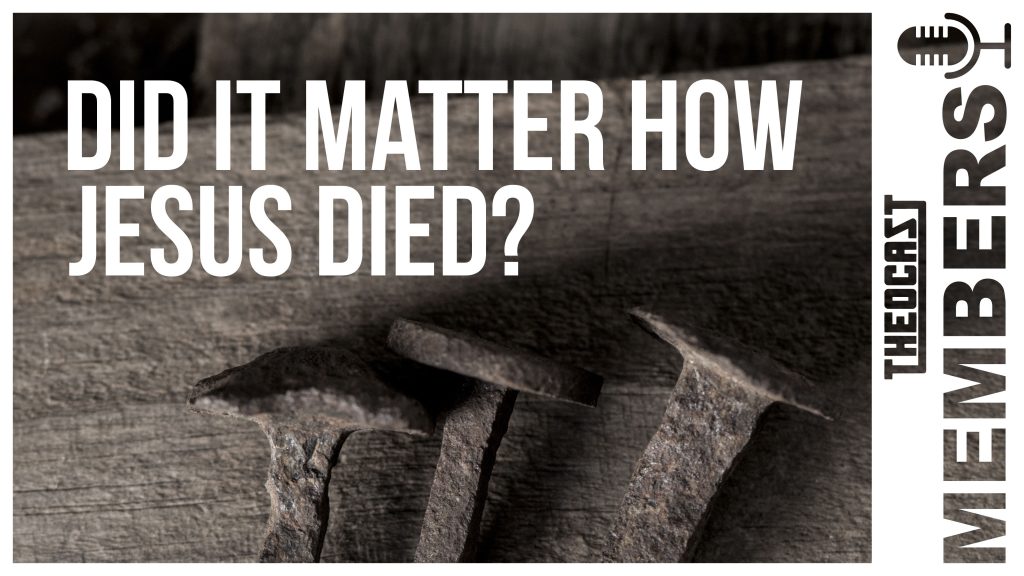
Jon and Justin consider why we would interpret the Bible in any other way than a redemptive-historical fashion with Jesus at the center.
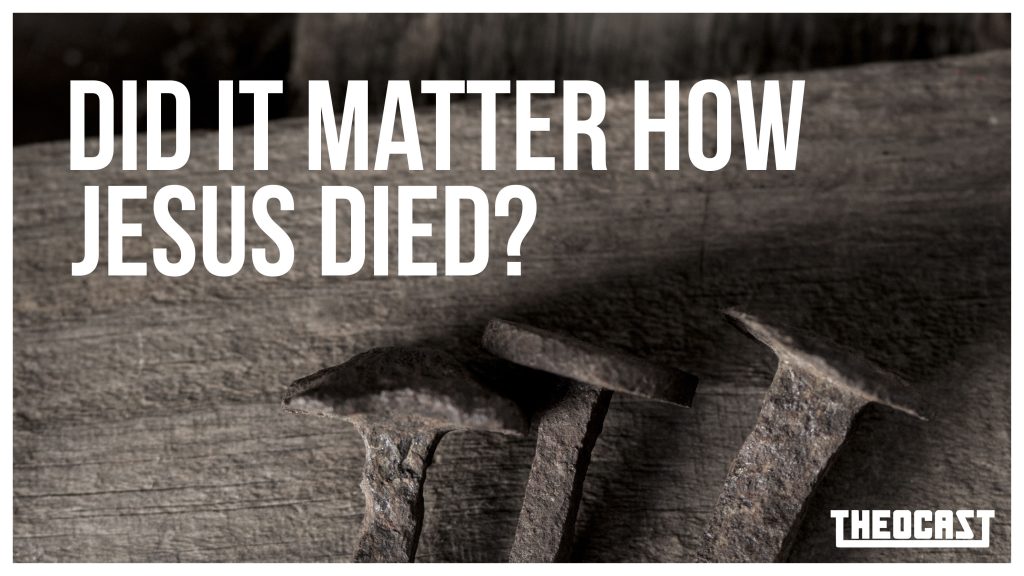
Why is it that Jesus died on a cross–and not some other way? Does it matter? (Hint: It does.) Jon and Justin answer this question using all of Scripture from a redemptive-historical, covenantal perspective.

Why is it that Jesus died on a cross–and not some other way? Does it matter? (Hint: It does.) Jon and Justin answer this question using all of Scripture from a redemptive-historical, covenantal perspective.
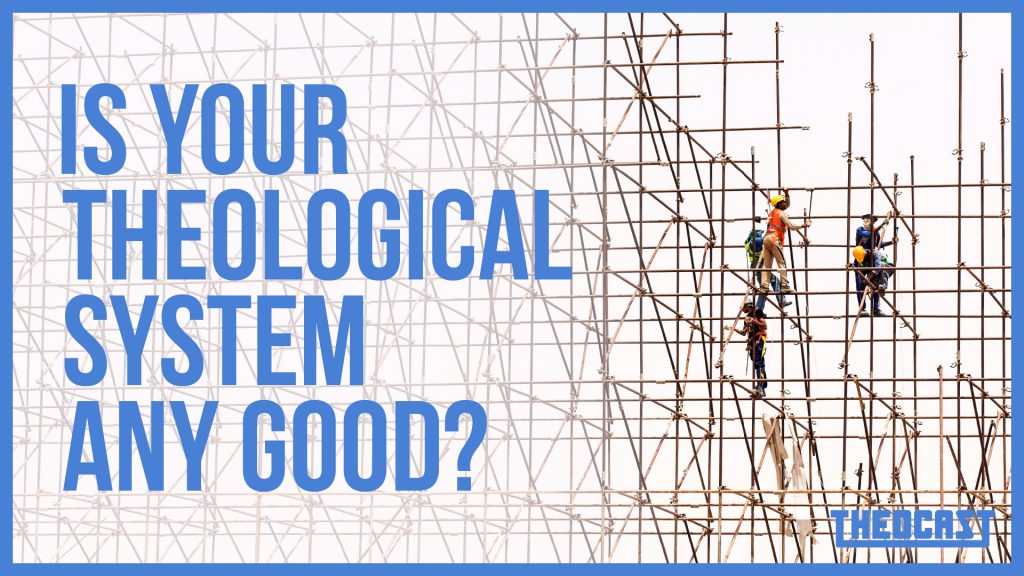
Some people say we should read the Bible with no presuppositions–and that it isn’t good to have a theological system. Is that possible? Is that right? Jon and Justin consider these things and how we should do biblical theology.
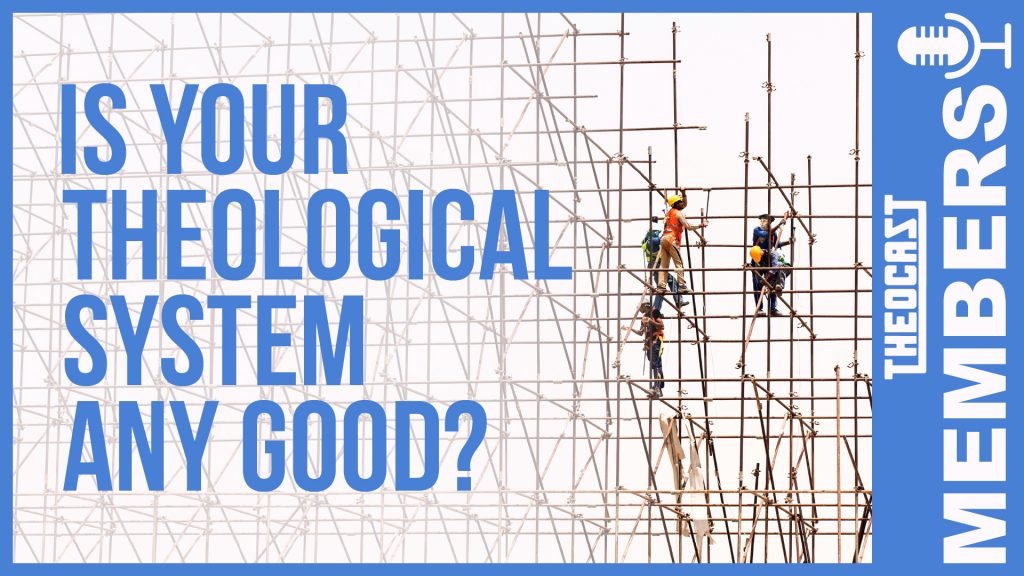
Members’ Podcast: The guys discuss whether all of Scripture is Christian Scripture, dispensationalism, and how interpretative models affect assurance.



















